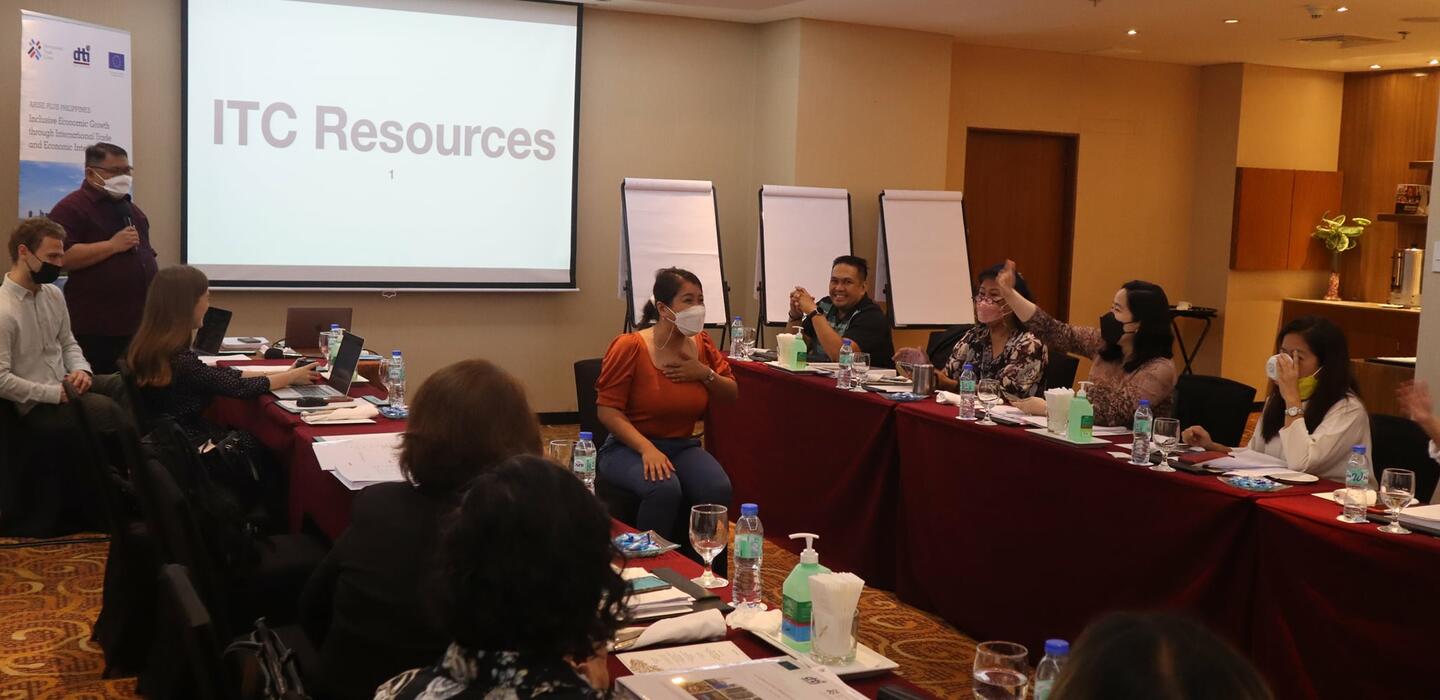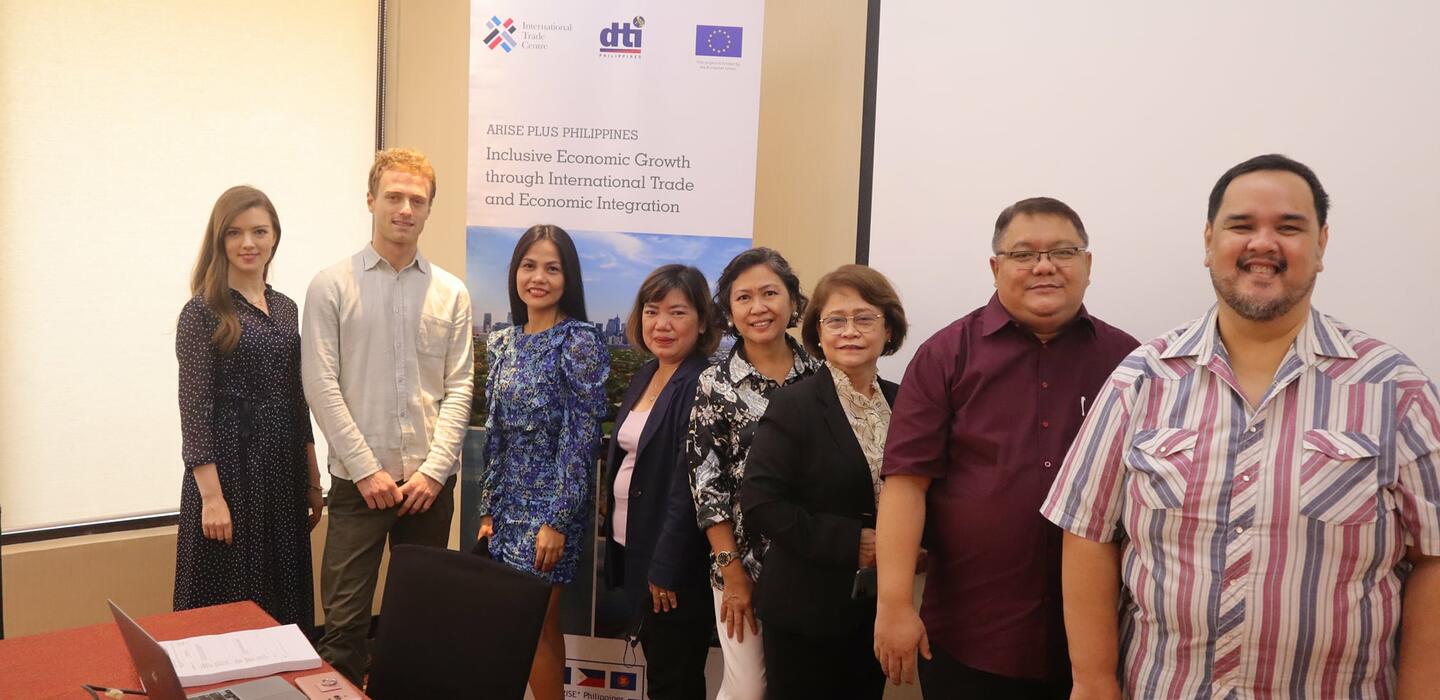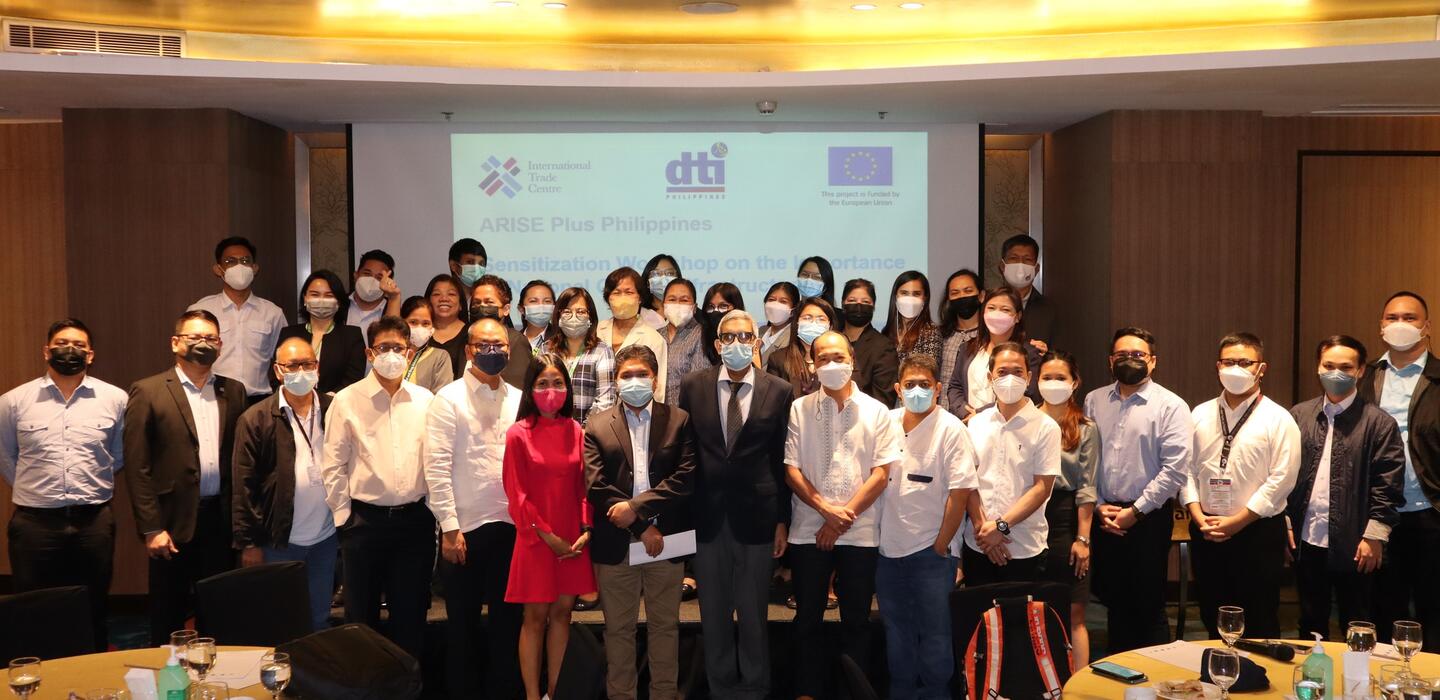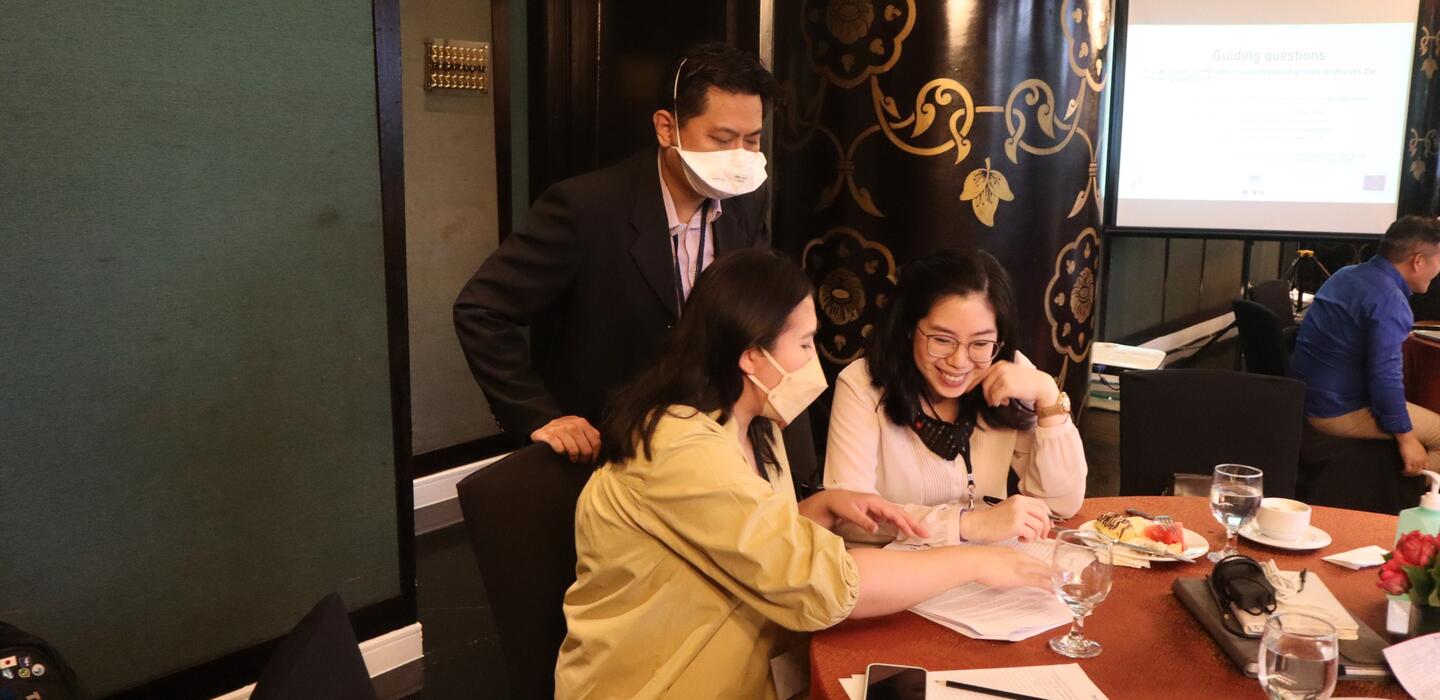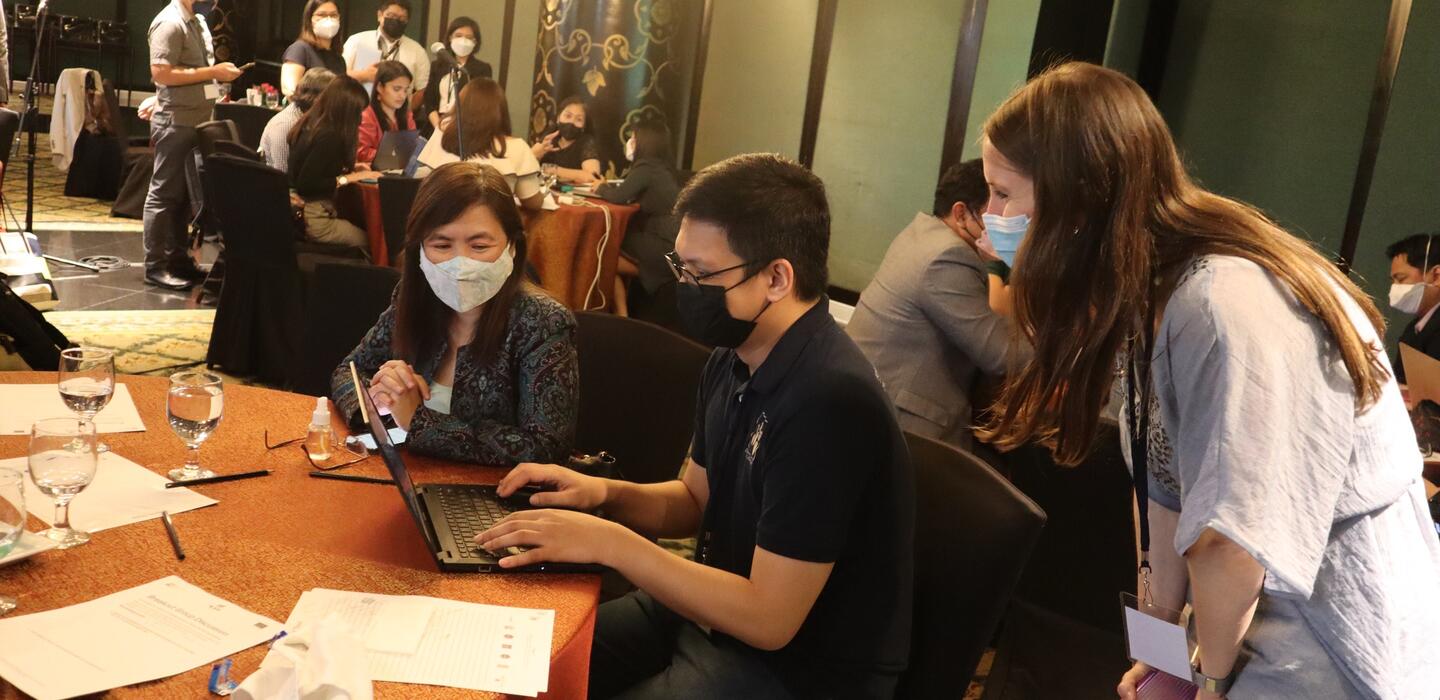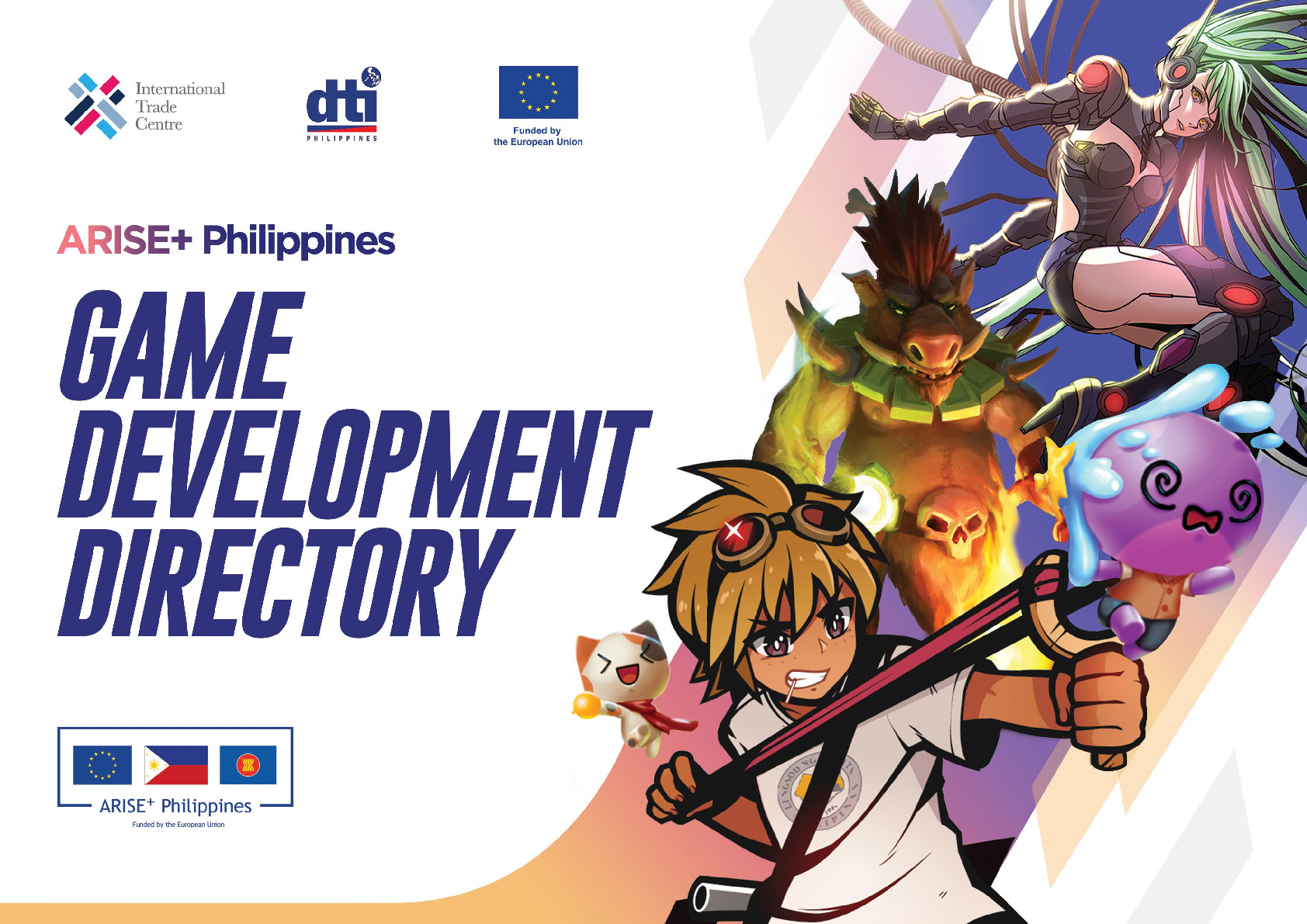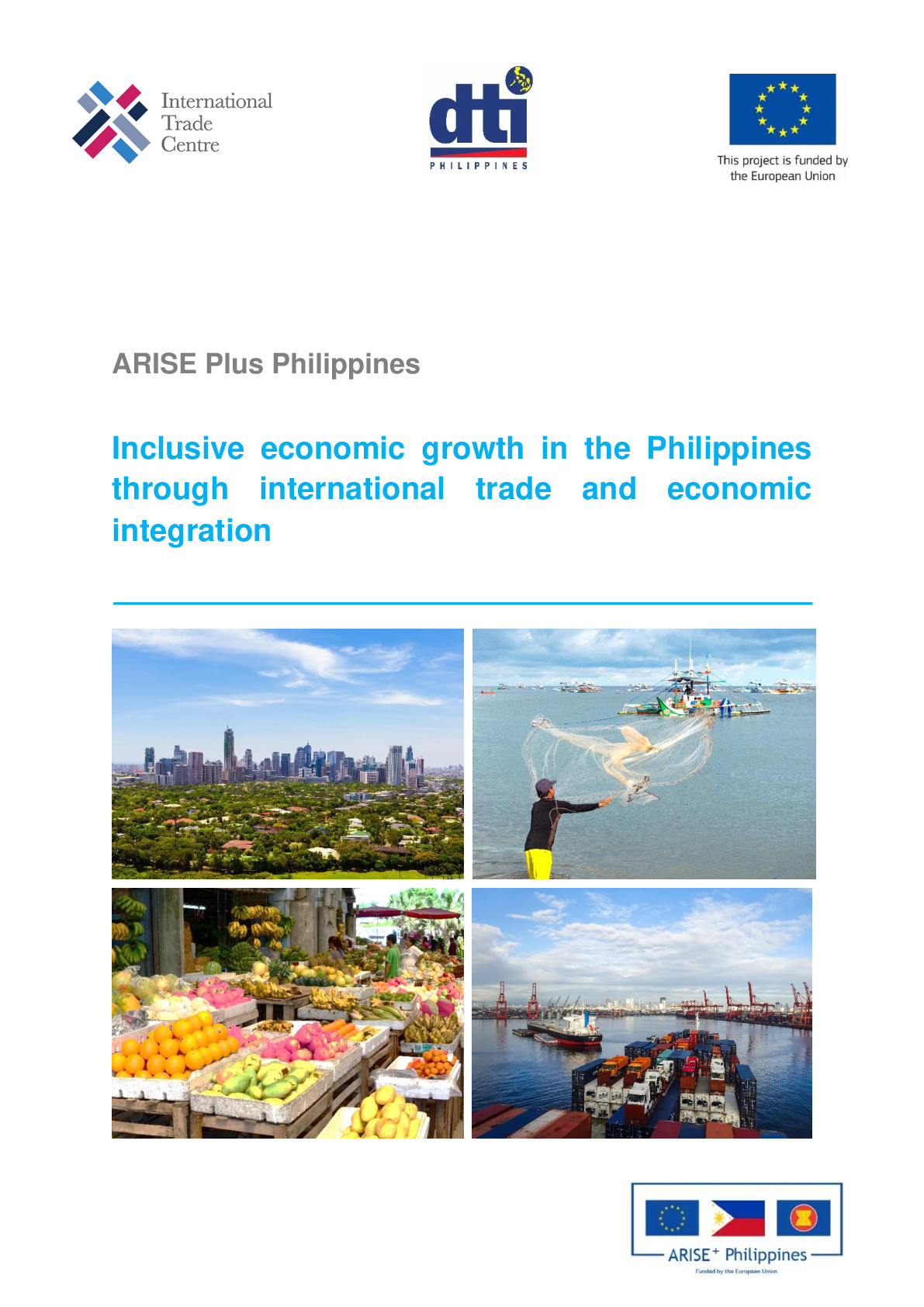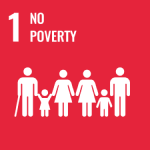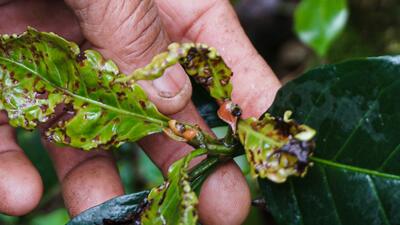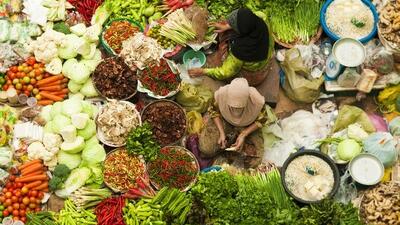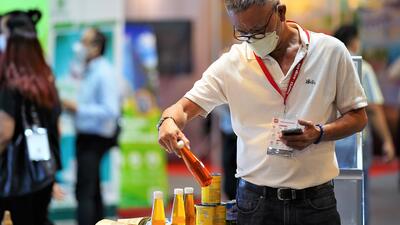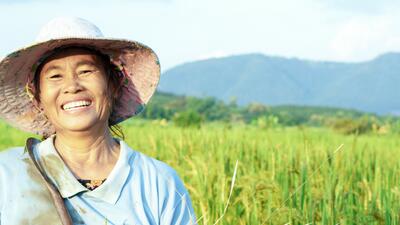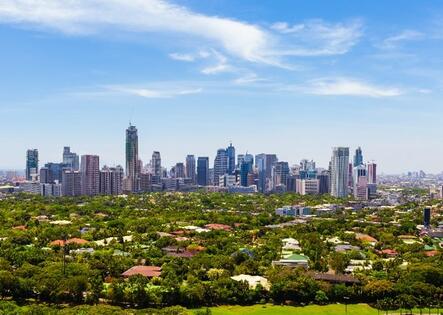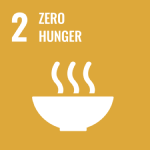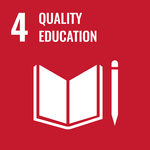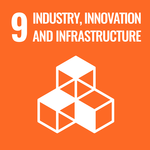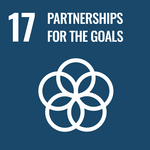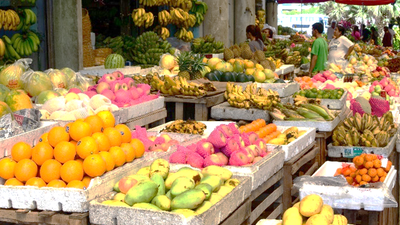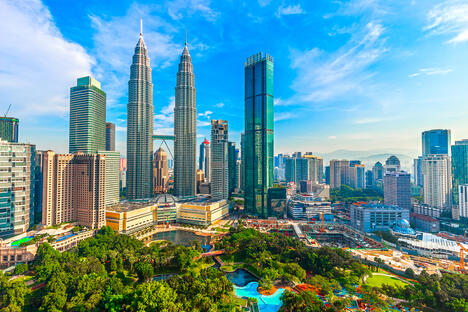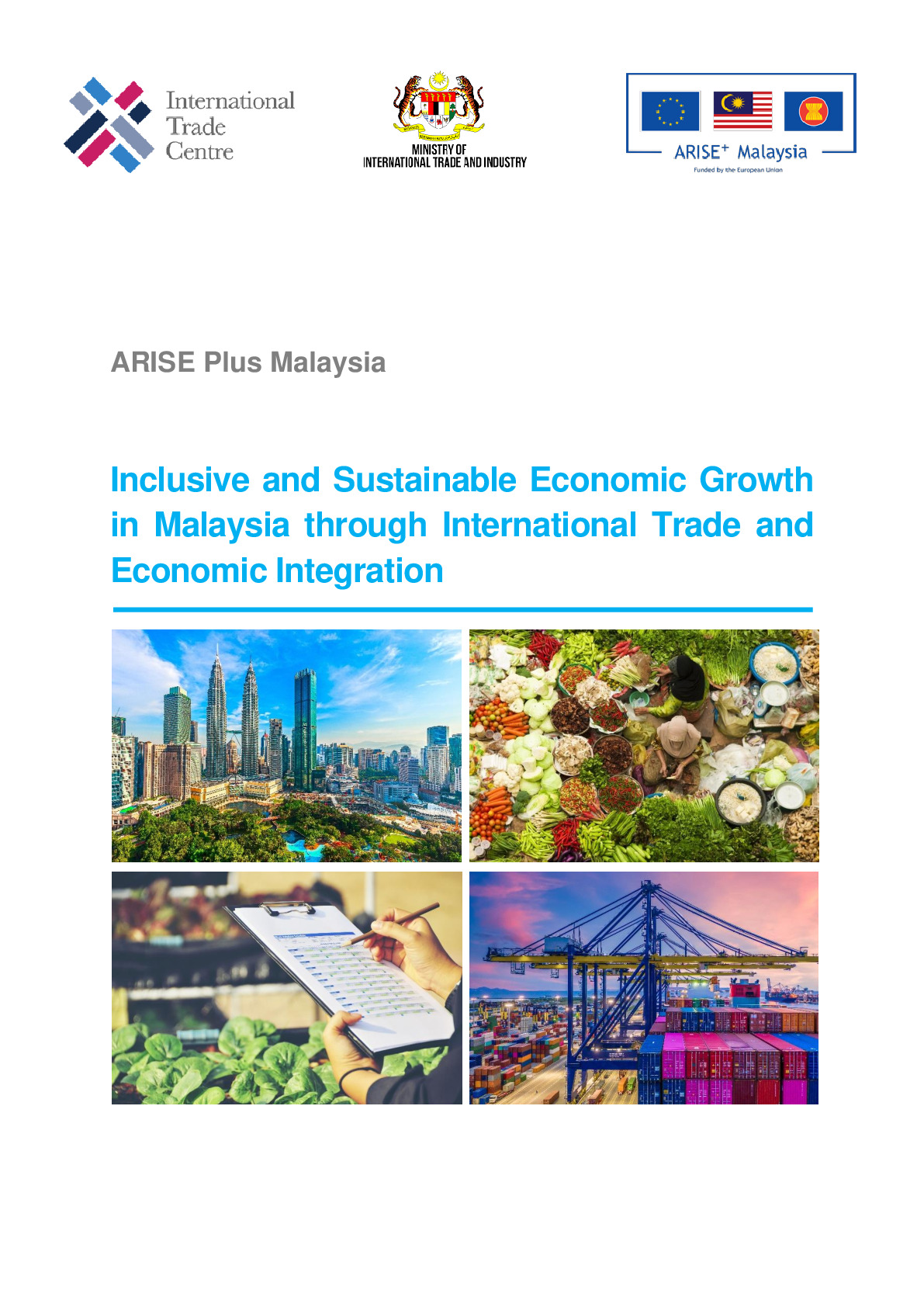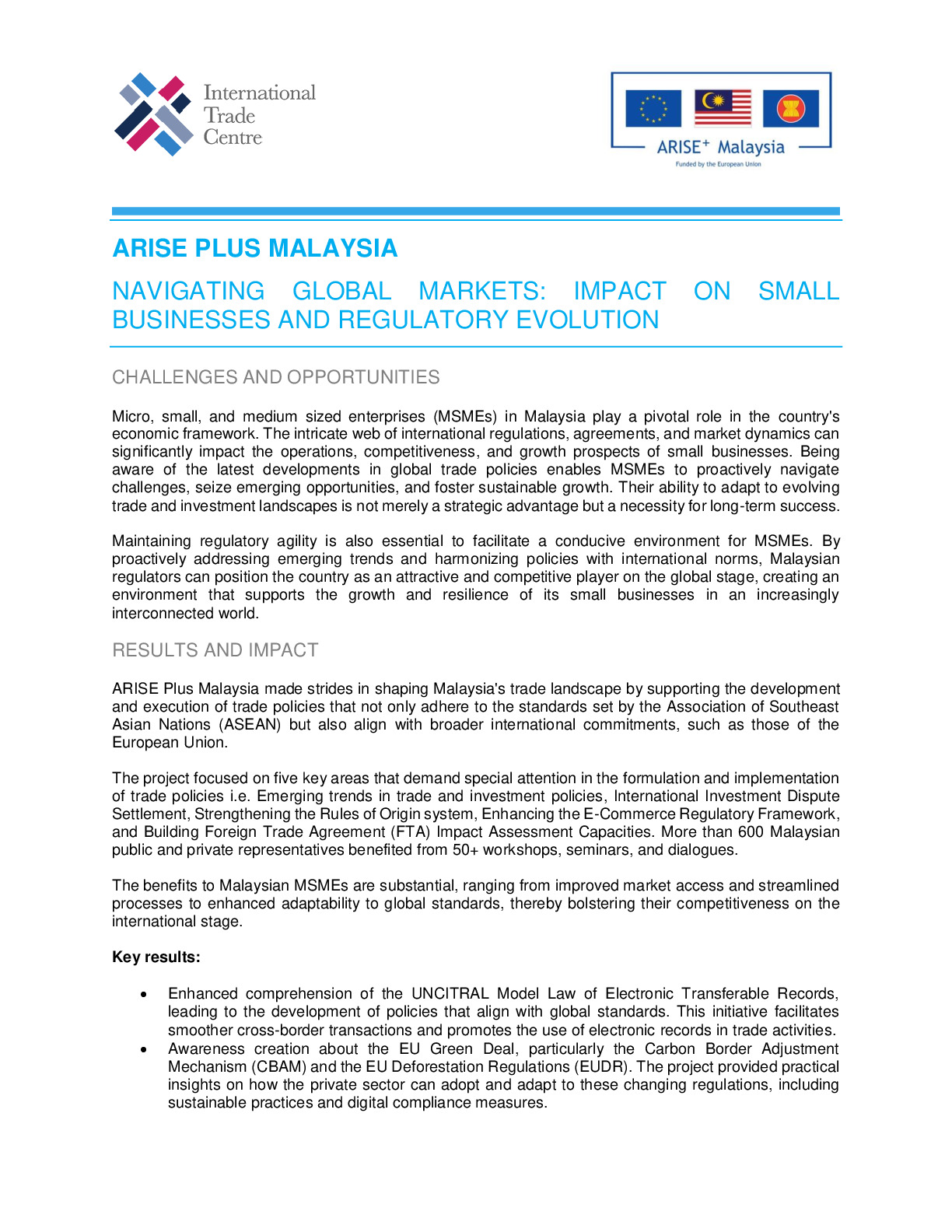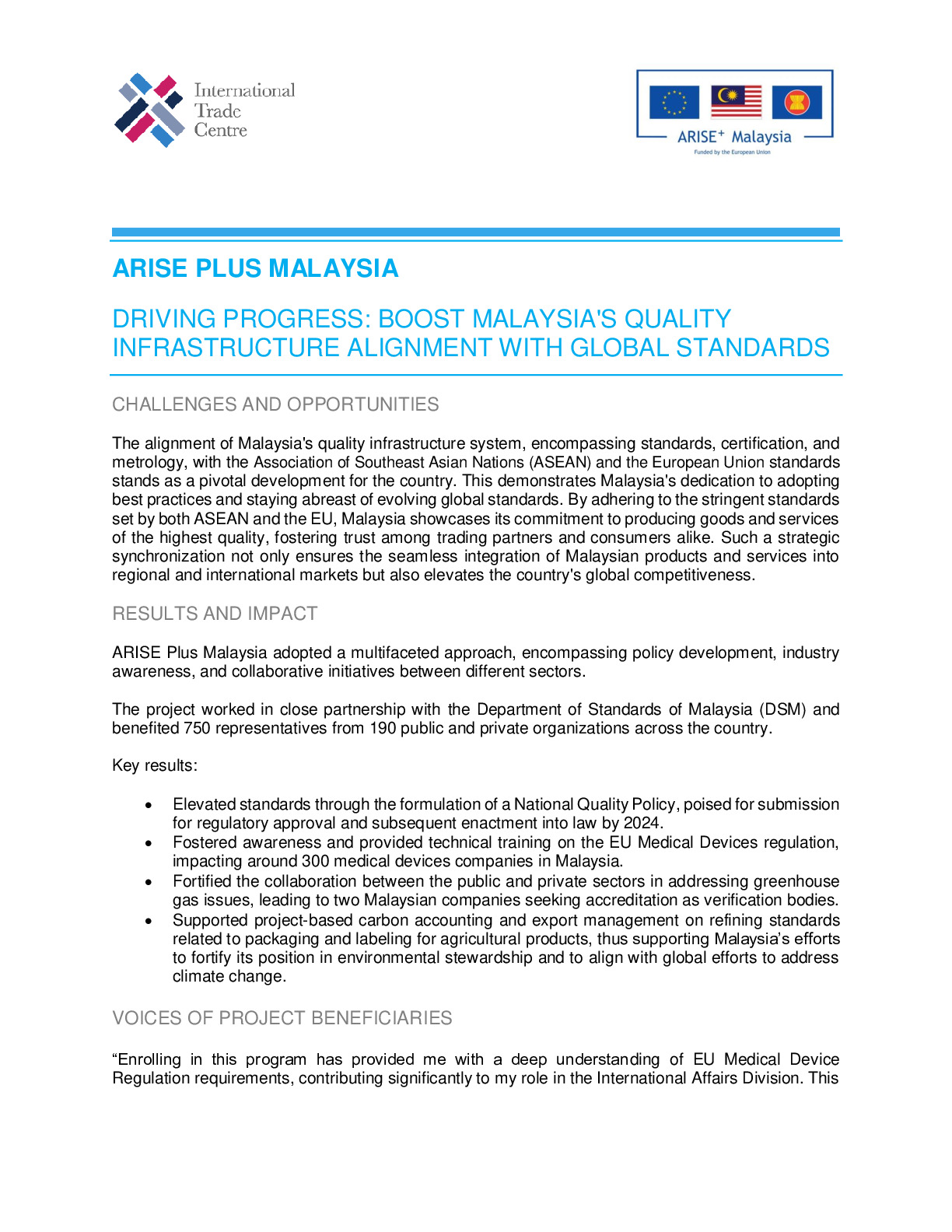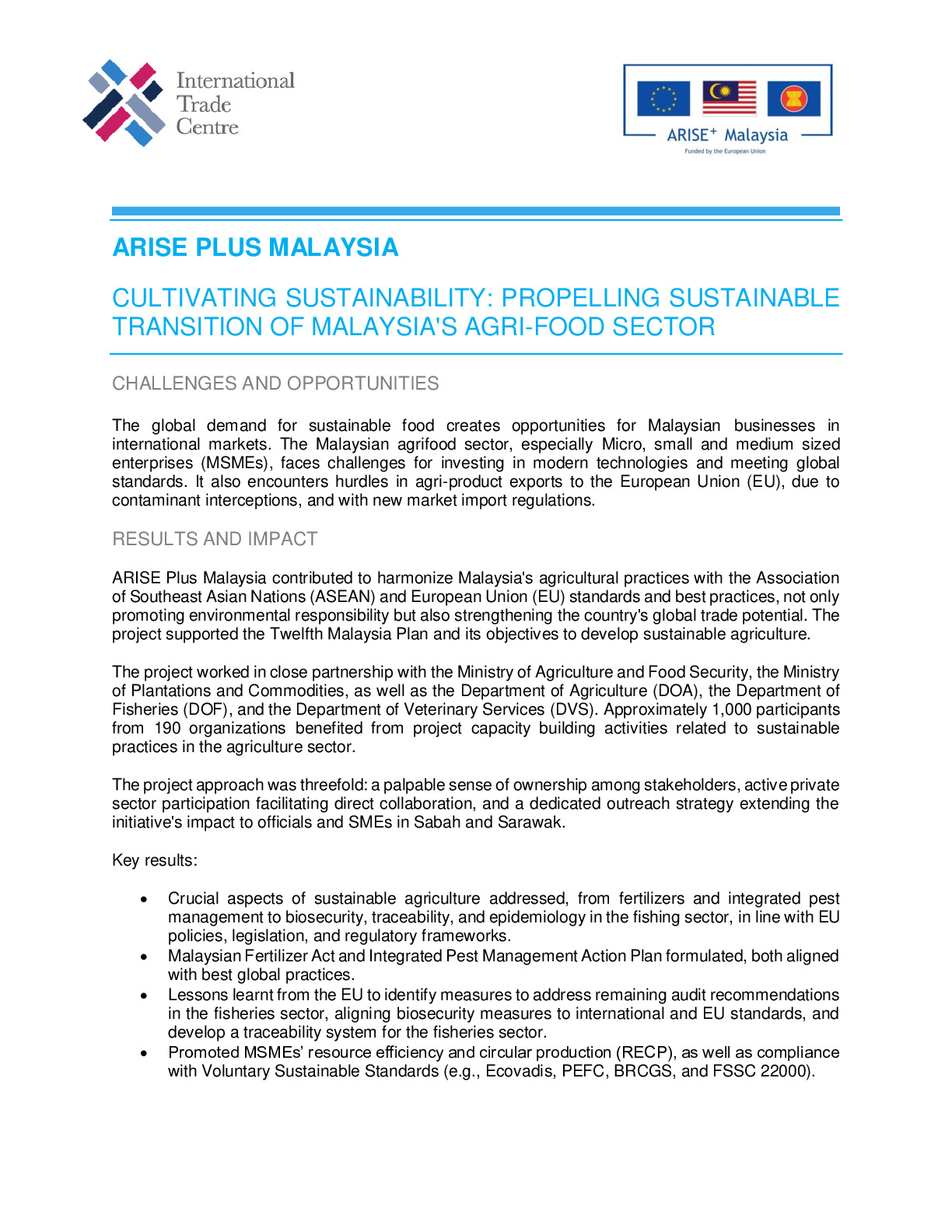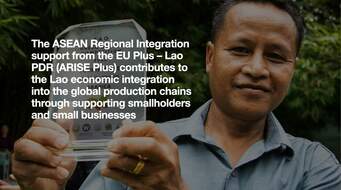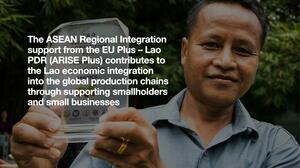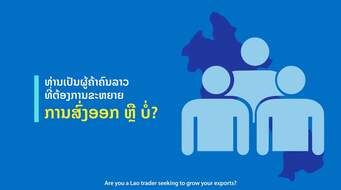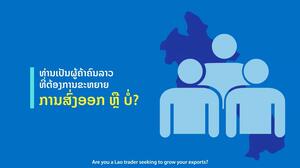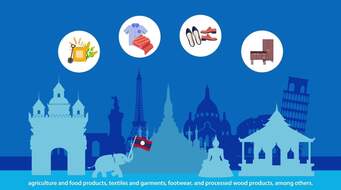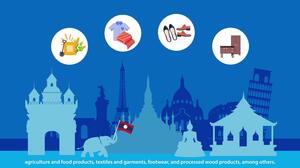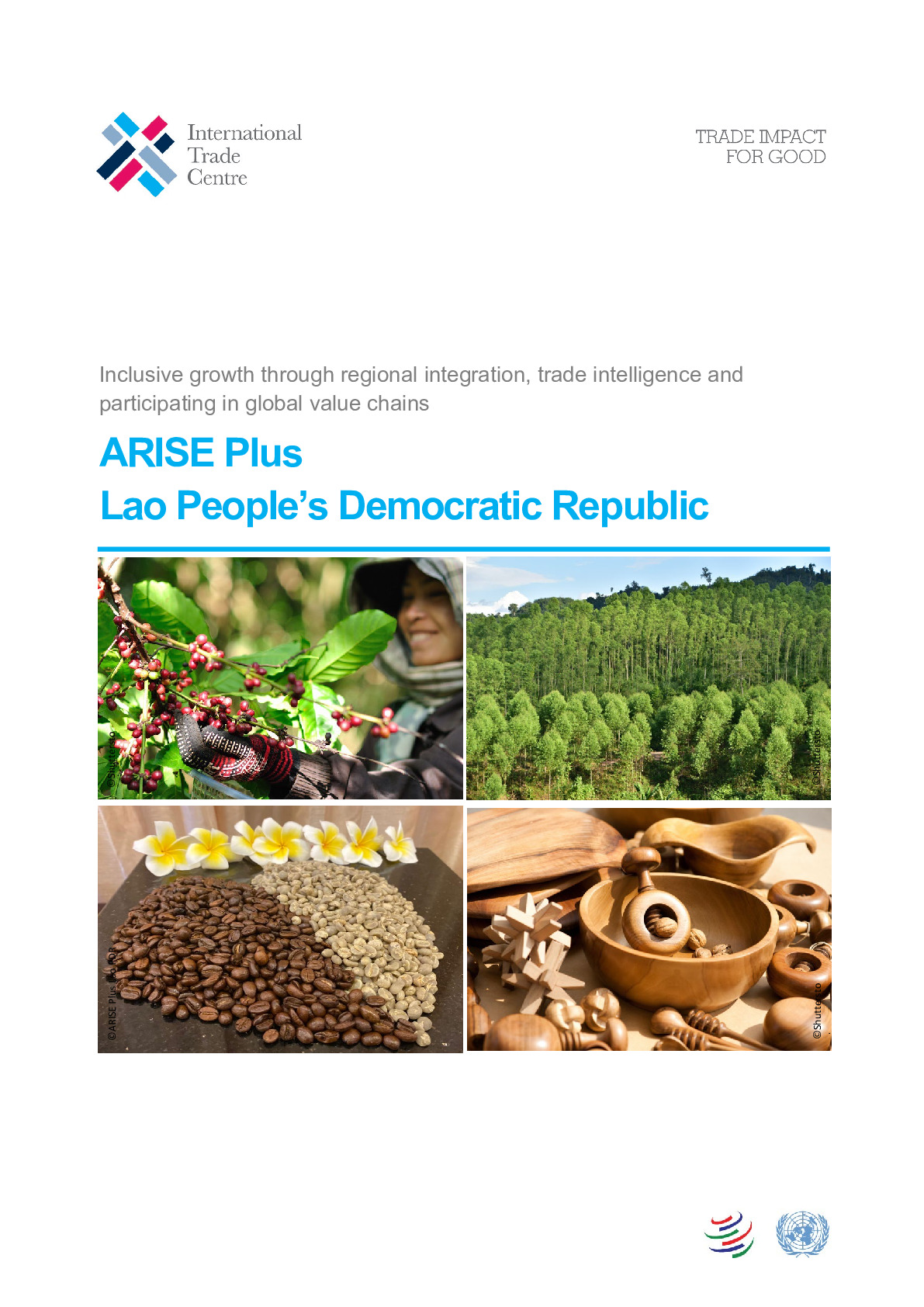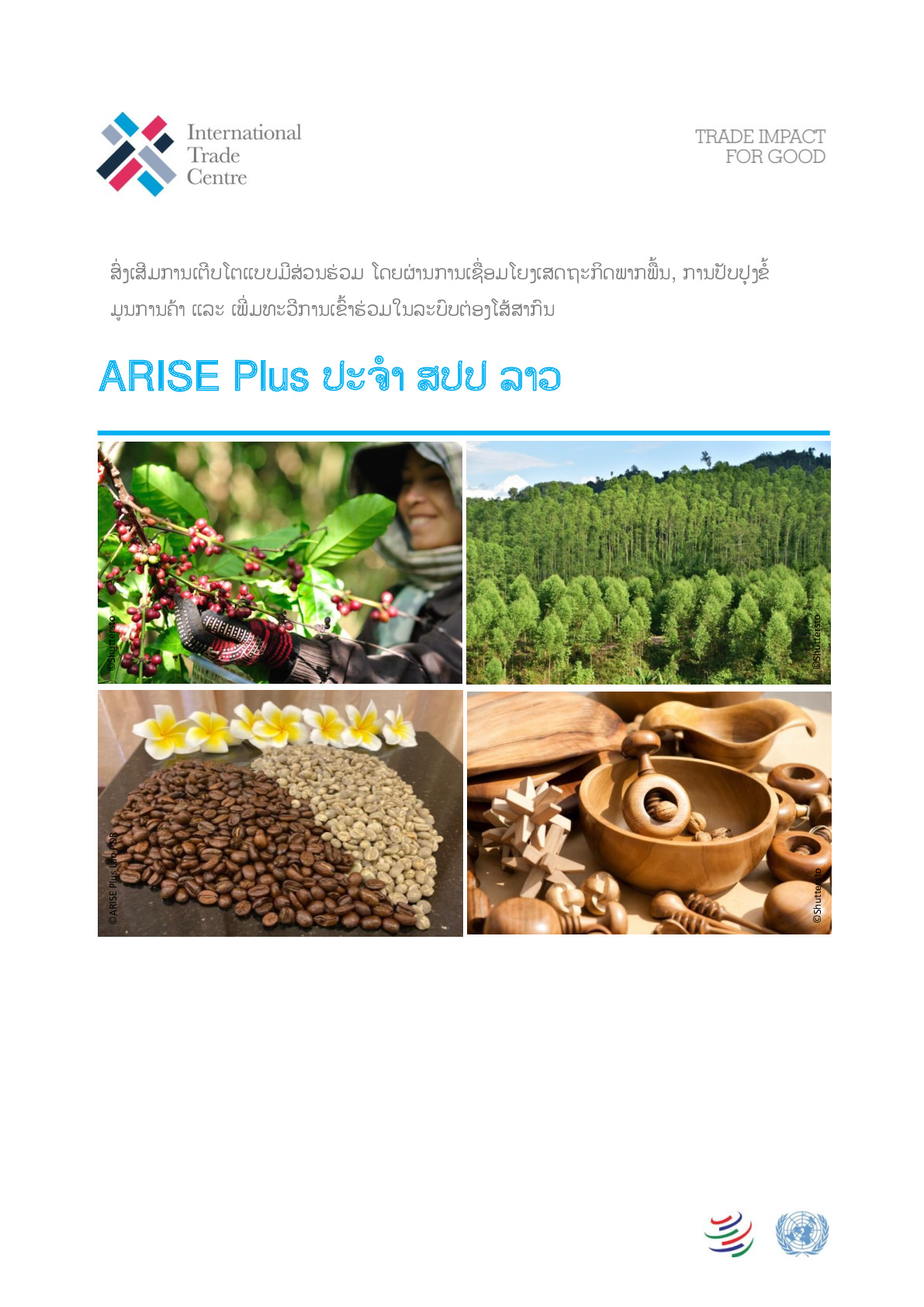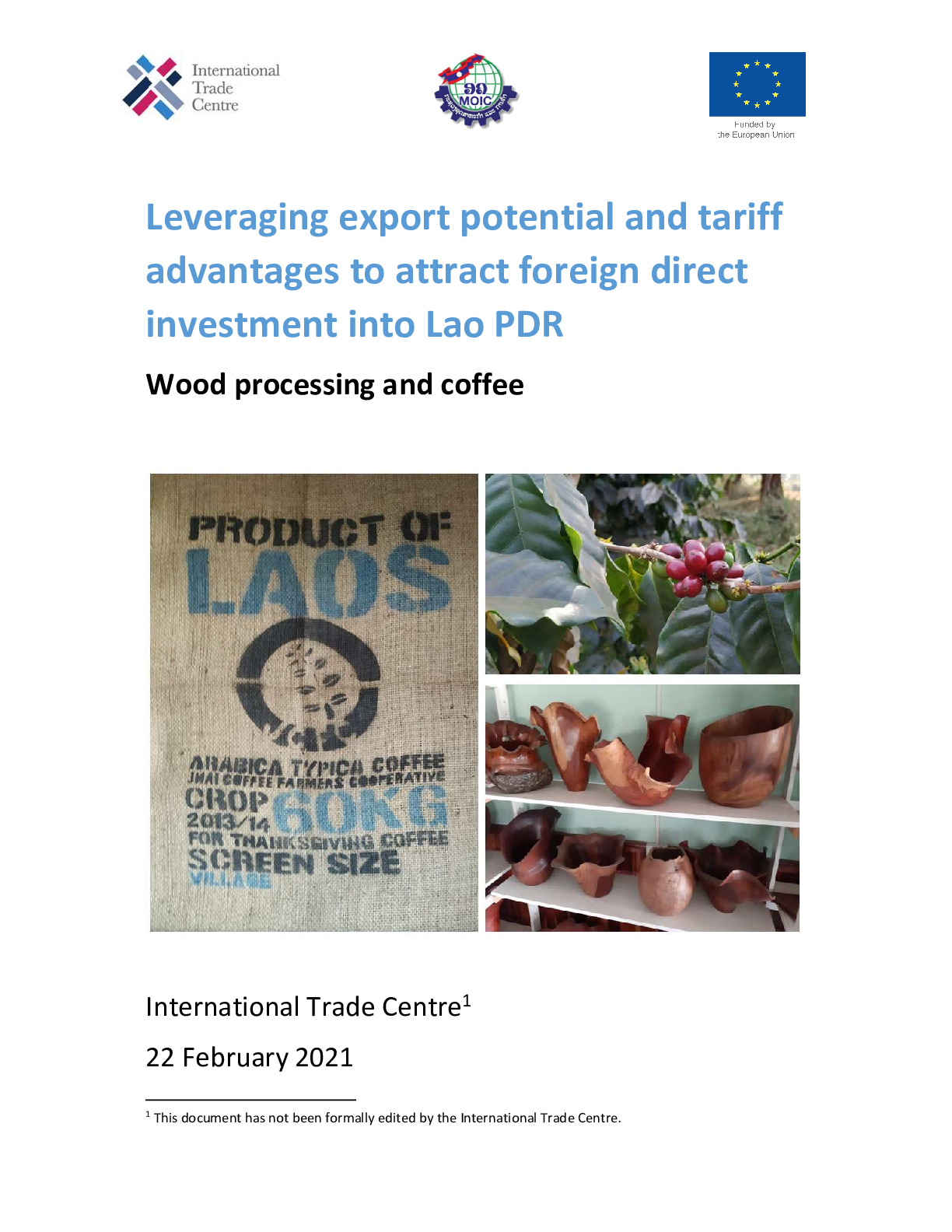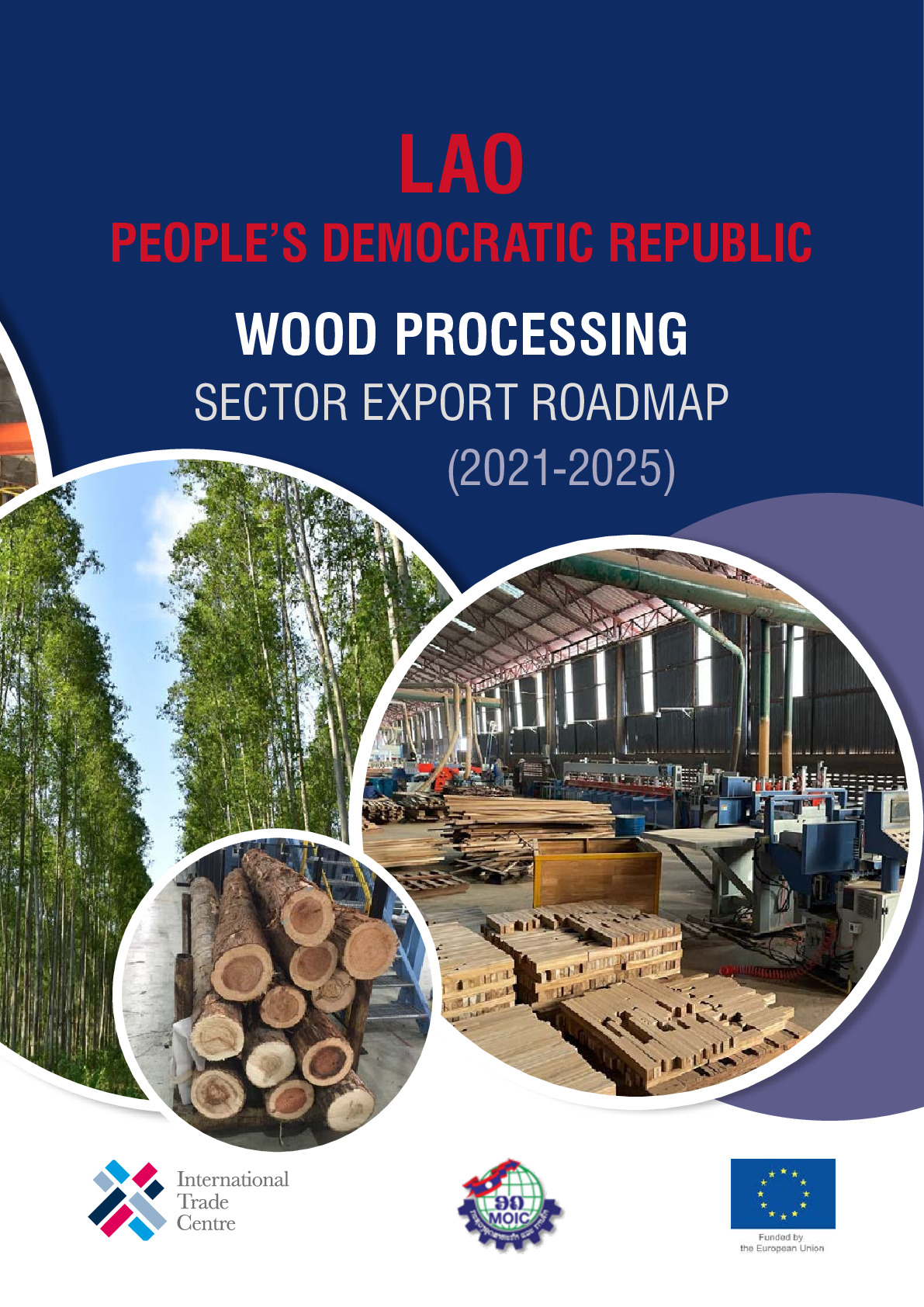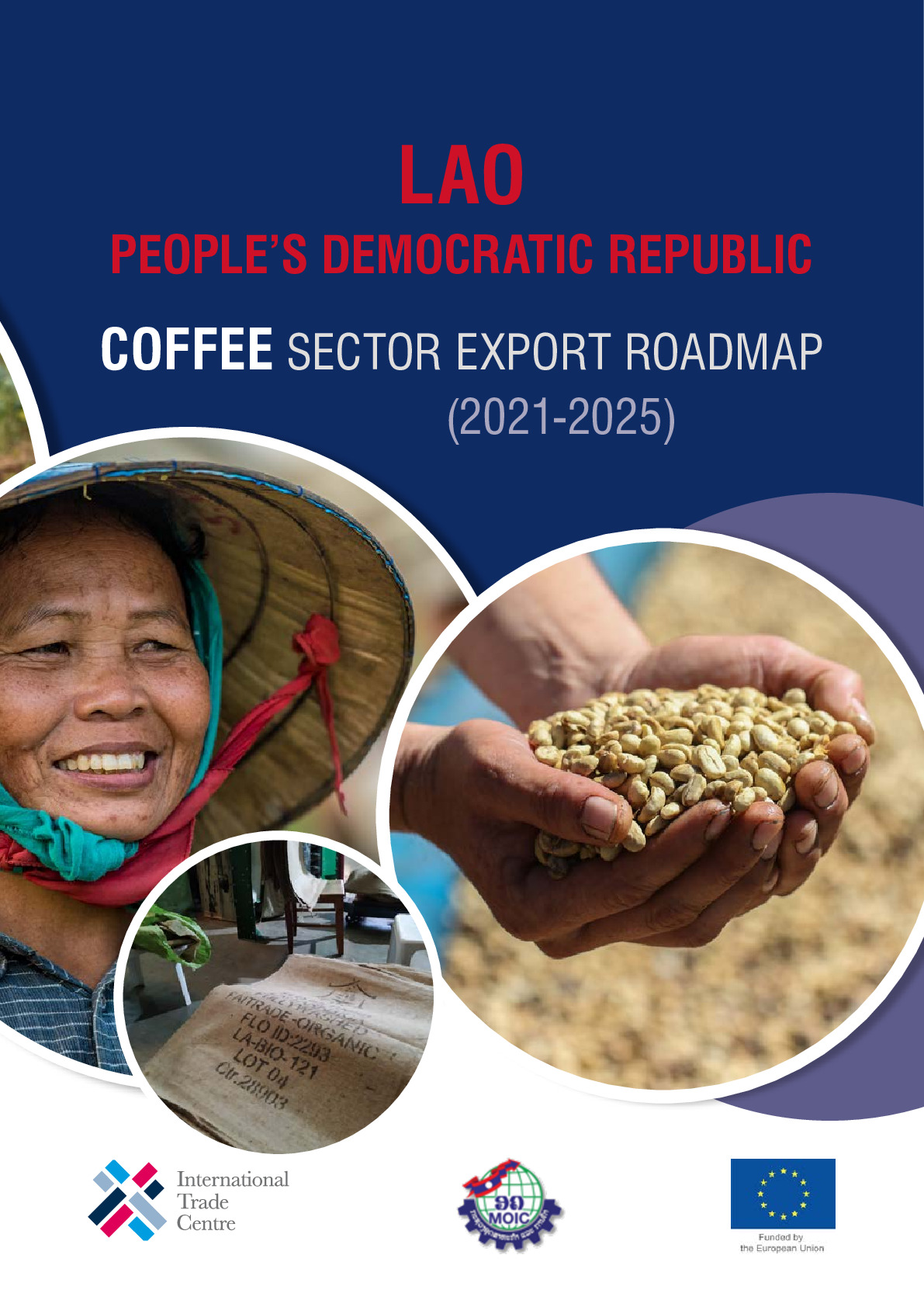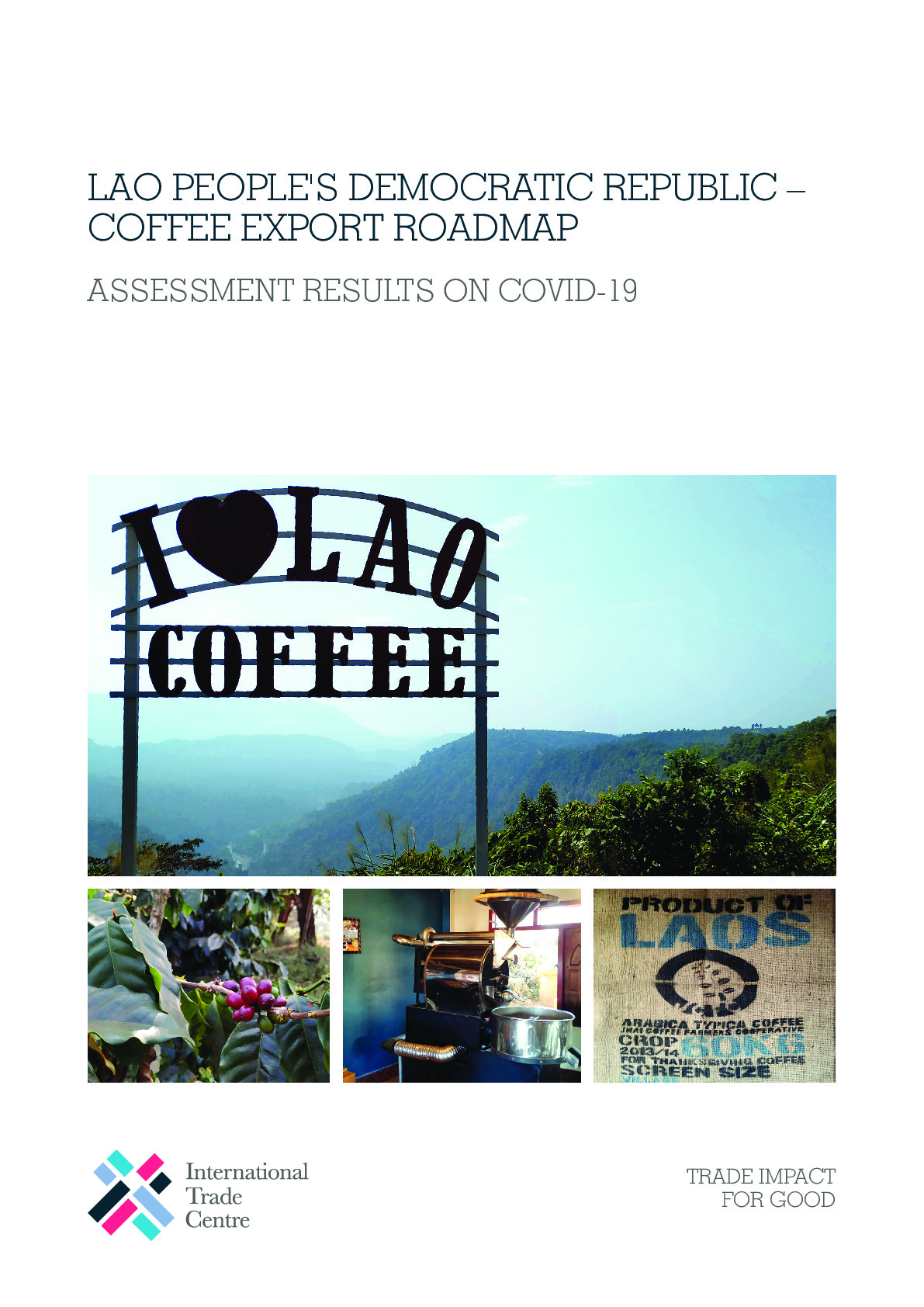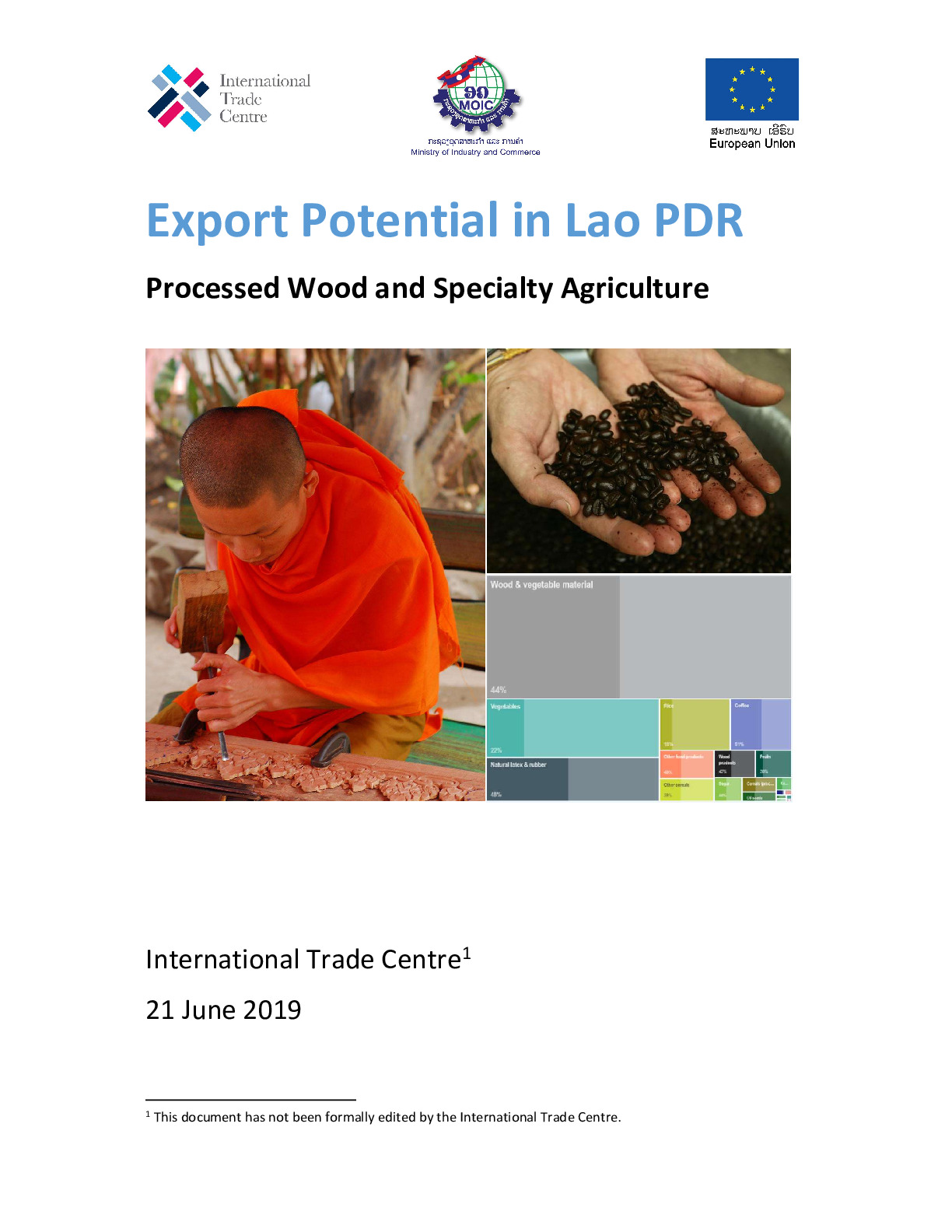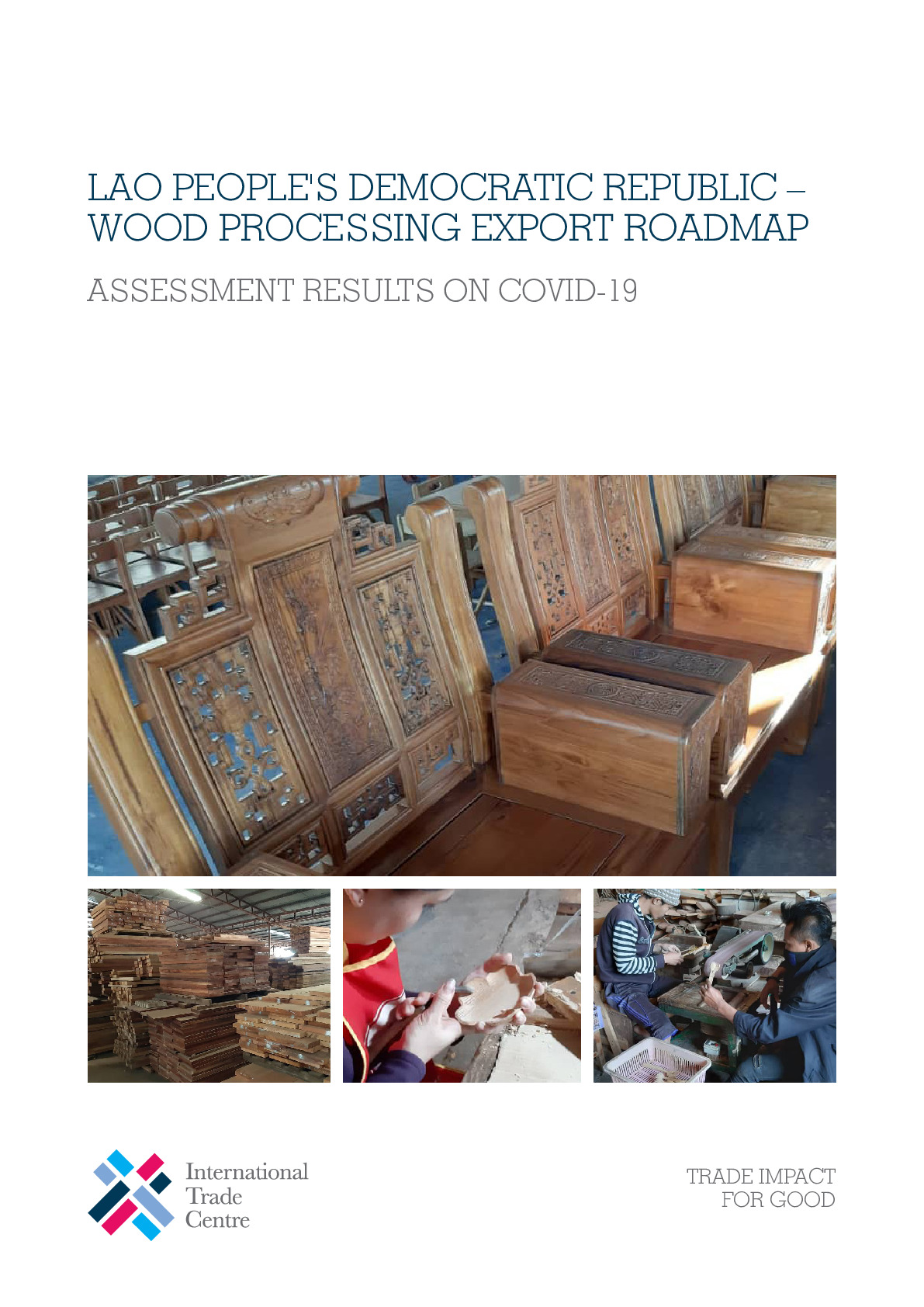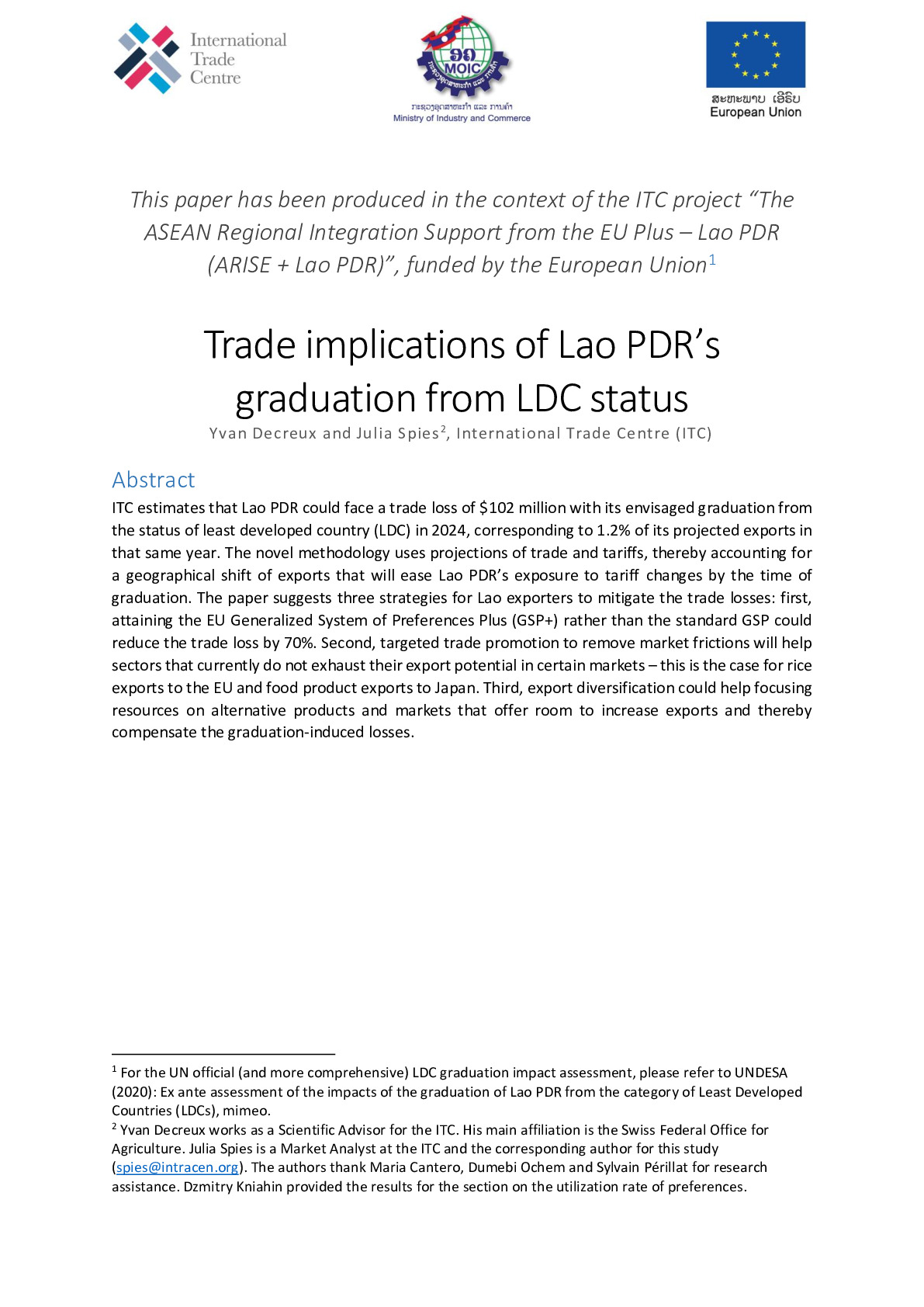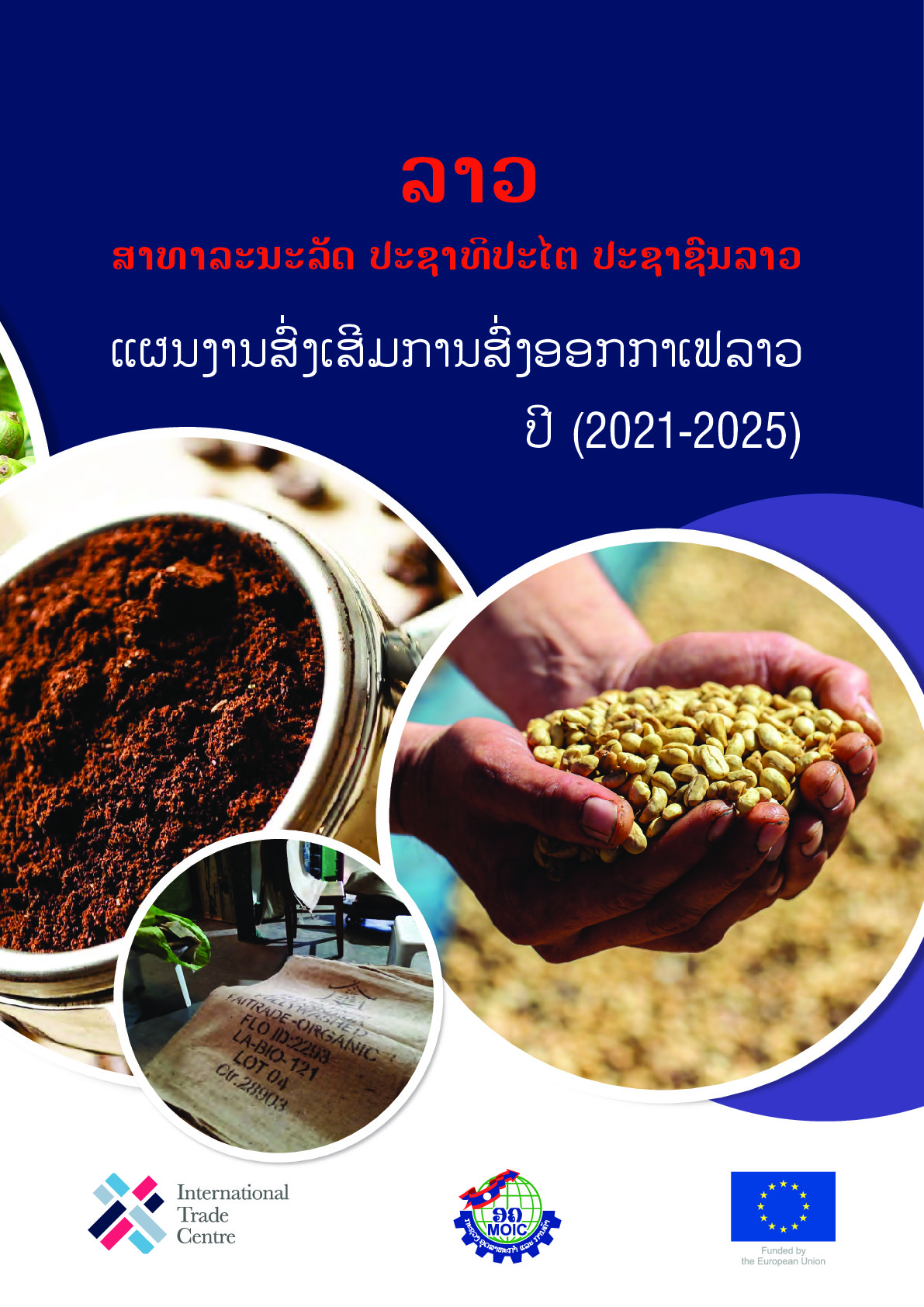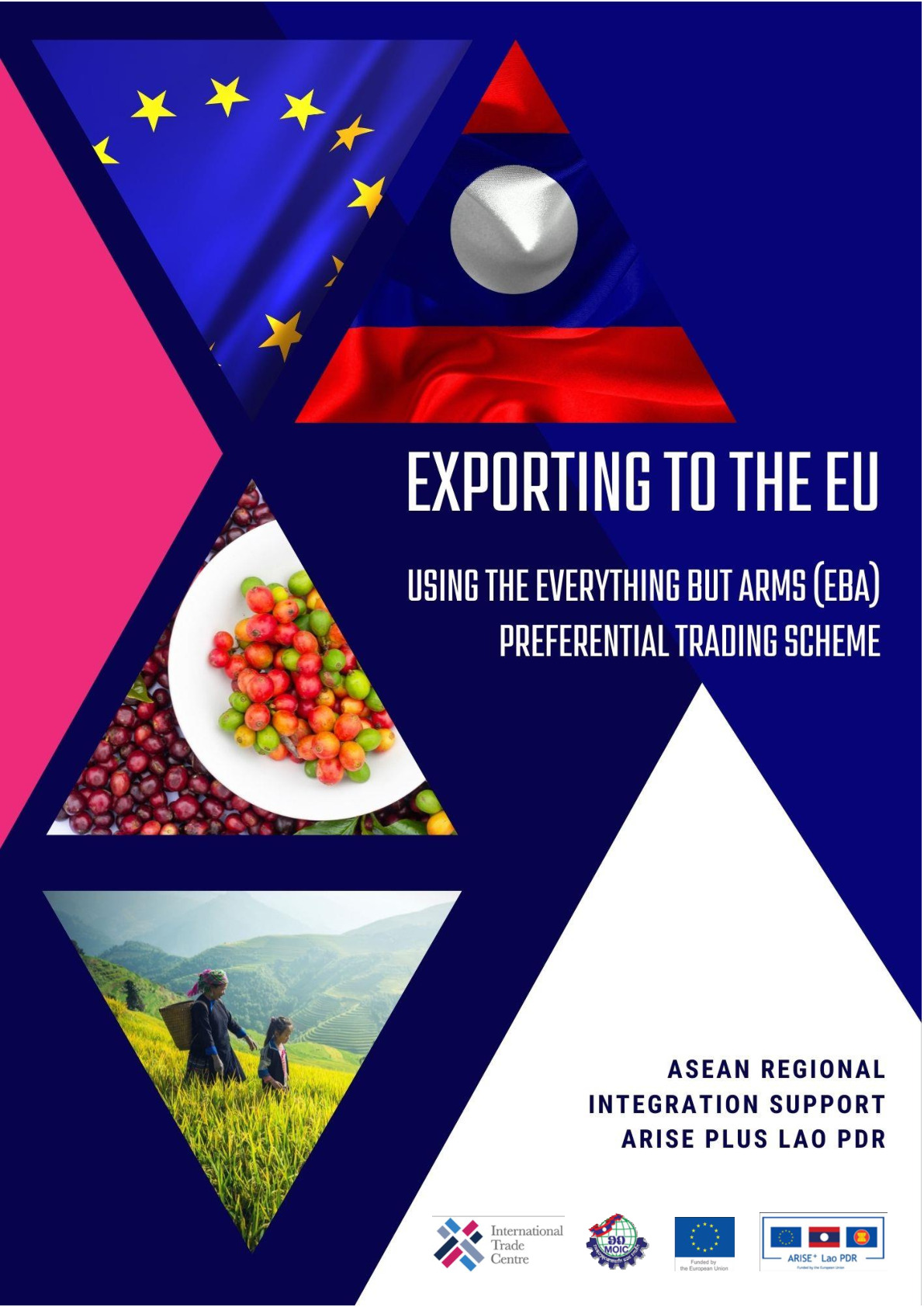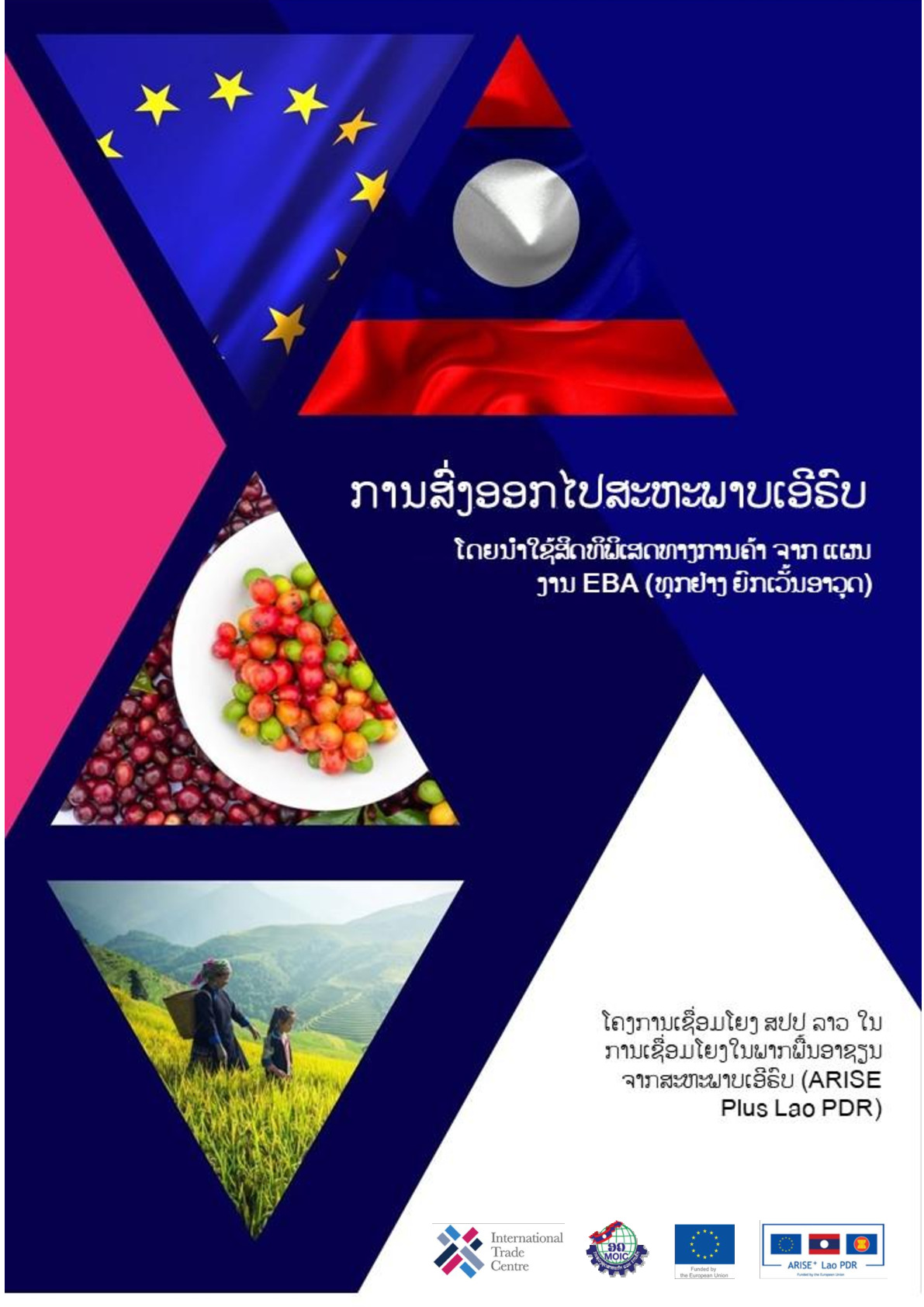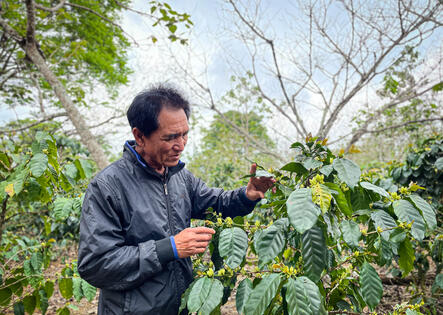Regional trade integration
Philippines: Trade-Related Assistance (Arise + Philippines)
Third largest economy of the region, the Philippines has achieved sustained rapid economic growth since the early 2000’s with an average real Gross Domestic Product (GDP) growth of 6.4% over the period 2010-19, outperforming most of its regional peers. This makes the Philippines one of the most dynamic economies in the region with a population in 2019 of 108 million, with a large proportion of youth (28% between 10 and 24 years old). The Philippine economy has undergone a persistent transformation, increasingly heading towards a service-based economy, with the services sector accounting for more than two thirds of the GDP, and agriculture declining to below 9% in 2019.
The Philippines reached lower middle-income country status in the late 70’s and set itself the target of achieving upper middle-income country status by 2022. While recent economic performances have translated into sustained and inclusive benefits, and improved the living conditions of millions of Filipinos, poverty remains widespread across the country, with one in five persons living in extreme poverty.
Openness to trade has increased steadily since 2014, although the Philippines’ trade balance remains characterised by a persistent and widening trade deficit caused by significant imports over exports, especially of key commodities such as crops and livestock. While the country’s exports recorded a 6% growth over the period 2015-19, exports in goods perform weakly and are highly concentrated, with electronics making up about 50% of the total. The majority of the country’s exports go to the United States of America, China, Japan, Singapore and the European Union (EU).
As such, the Philippines is actively pursuing increased trade openness, through reforms, regional and bilateral negotiations, and multilateral rule-making, to achieve its development objectives.
ARISE Plus Philippines
The project aims to facilitate the identification and leveraging of export priorities, support the set-up of a National Quality Infrastructure (NQI) as well as internationally aligned quality management and control systems for exported food products, and strengthen institutional and private sector capacities on trade facilitation for the implementation of national legislation and international trade commitments. It supports greater economic integration between the Philippines and the Association of Southeast Asian Nations (ASEAN) region, in line with the ASEAN Economic Community (AEC) Blueprint 2025. It also contributes to the effective participation in the multilateral trading system through better understanding and leveraging of existing Free Trade Agreements (FTAs).
These priority areas of support were identified with the Department of Trade and Industry (DTI) and Philippine stakeholders to improve the competitiveness of trade-oriented sectors and maximize their export potential. They are also relevant to support the Philippines in managing the economic and trade impact of COVID-19.
Ultimate project beneficiaries include Philippine MSMEs, which will benefit from improved business environment, policies and processes to increase their competitiveness. The project aims to positively impact export-oriented sectors and contribute to addressing disadvantages faced more intensely by women and youth-owned businesses.
The Expected Results of the project are:
- Government and private operators are better able to identify and implement export priorities (including to the EU)
- A National Quality Infrastructure that promotes export competitiveness is in place
- Quality management and control systems for exported food products are better aligned with international best practices
- Strengthened trade facilitation capacity to implement the Customs Modernisation and Tariffs Act (CMTA) and the World Trade Organisation (WTO) Trade Facilitation Agreement
- Achievements of the EU-Philippines Partnership are monitored and advertised widely to the Philippine public
Sustainable Development Goals
<p>ARISE Plus Philippines aims to foster inclusive economic growth in the Philippines through improved international trade performance and competitiveness as well as economic integration. The project is aligned and contributes to the Philippines Development Plan 2017-22, the Philippines Export Development Plan 2018-22, the Inclusive Innovation Industrial Strategy, and the Micro, Small and Medium-Sized Enterprises (MSME) Development Plan 2017-22, all feeding into the 25 Year AmBisyon Natin 2040, the country’s long term development plan.</p><p>ARISE Plus Philippines will focus as a priority on enabling the Philippines to take advantage of EU market access and of the trade privileges granted under the Generalized System of Preference (GSP+) as well as support the overall EU-Philippines trade relationship and trade-related policies.</p>
Myanmar: Trade-Related Technical Assistance (ARISE+ Myanmar)
Sustainable Development Goals
<p><strong>ARISE Plus Myanmar </strong><strong> </strong>The ARISE Plus Myanmar Trade-Related Assistance Project aims to contribute to inclusive and sustainable growth. It supports greater connectivity and economic integration between Myanmar and the Association of Southeast Asian Nations (ASEAN) in line with the ASEAN Economic Community (AEC) Blueprint 2025. The project contributes to trade diversification and integration, regionally and internationally with a focus on market-led value chains.</p>
Malaysia: Trade-Related Assistance (Arise + Malaysia)
Malaysia has undergone a dramatic transformation from dependence on agriculture and commodity exports to a more diversified and open economy with strong links to global value chains. Malaysia reached high middle-income country status in 1992 and the World Bank predicts it will reach high-income country status between 2024-2028.
However, the COVID-19 pandemic forced the Malaysian economy to shrink. In addition, Malaysia still faces structural constraints that need to be addressed to ensure its full participation in the ASEAN economic space and global economy.
Our project aims to:
- Upgrade capacities in policy areas relevant for modern and progressive Free Trade Agreements. This should improve connectivity with ASEAN and lead to more active and effective participation in the multilateral trading system.
- Improve product quality and competitiveness to better participate in global trade by upgrading Malaysia’s national quality infrastructure system, including developing a national quality policy, the enforcement of good regulatory practices and improving capacities to set, manage and enforce standards.
- Enhance sustainable and internationally quality-compliant practices in the agri-food sector through the promotion of standards and certification in the agriculture and fishery sectors. This will support the compliance of Malaysian products with EU standards, increasing business and export opportunities for Malaysian SMEs.
The launch of this three-year EU–funded project in February 2021 was timely, given the Government’s initiatives to enhance and reinvigorate the business and investment environment
Sustainable Development Goals
<p>The ASEAN Regional Integration Support by the EU (ARISE) Plus Malaysia aims to support inclusive and sustainable economic growth in Malaysia through international trade and economic integration. It supports greater connectivity and economic integration between Malaysia and the Association of Southeast Asian Nations (ASEAN) region in line with the ASEAN Economic Community (AEC) Blueprint 2025.</p><p>The 3-year project, worth EUR 3 million, which started on 1 February 2021, comprises of the 3 following outcomes and outputs: </p><ol><li><strong>Outcome 1. Trade policy formulation and implementation is aligned with regional and international commitments </strong><br>Output 1: Strengthened institutional capacities to formulate and implement trade policies aligned with ASEAN and international commitments </li><li><strong>Outcome 2. Quality Infrastructure System is aligned with ASEAN and EU standards </strong><br>Output 2: Enhanced capacity to develop and implement a quality infrastructure system (standards, certification and metrology) compliant with ASEAN and EU commitments and practices </li><li><strong>Outcome 3. Sustainable practices in the agri-food sector is enhanced and disseminated, in line with ASEAN, international and EU standard</strong>s <br>Output 3: Enhanced understanding and implementation of sustainable production standards and practices in agriculture and fisheries</li></ol><p>These priority areas of support were identified together with the Ministry of International Trade and Industry (<a href="https://www.miti.gov.my/" target="_blank" title="MITI">MITI</a>) and Malaysian stakeholders to help tackle specific trade-related challenges faced by Malaysia. They are also relevant to support Malaysia in managing the economic and trade impact of Covid-19.</p><p>Ultimate project beneficiaries include Malaysian Small and Medium-Sized Enterprises (SMEs), which will benefit from improved business environment, policies and processes to increase their competitiveness. The focus on supporting Malaysia’s trade integration, which can positively impact job creation in export-oriented sectors, will notably contribute to addressing disadvantages faced more intensely by women and youth-owned businesses.</p>
Lao PDR: ASEAN Regional Integration Support (Laos-ARISE Plus)
Targeting sustainable economic growth
ARISE Plus – Lao People’s Democratic Republic (Lao PDR) aims to help the country integrate its economy into regional markets and global production chains by supporting smallholders and small and medium-sized enterprises as well as the public sector.
This integration will create jobs and promote inclusive economic growth, increase Lao PDR’s resilience in the face of more pronounced climate change, and mitigate its current economic vulnerability due to its current dependence on limited sectors and markets.
Under ARISE Plus Lao PDR, ITC is working with the public and private sectors to meet the regional trade provisions, to better understand the trade preferences and requirements of different export markets, and to improve the business environment. It has a special focus on two high export value products: wood processing and coffee. Ultimately, it will boost regional and international trade, in these sectors and others.
This project is the Lao PDR national component of the regional ARISE Plus Programme, funded by the EU, which supports overall regional economic integration.
Sustainable Development Goals
<p>The <strong>ARISE Plus Laos </strong>programme is a four-year programme that contributes to the integration of the Lao economy into global production chains through targeted support to both the public and private sectors, with a focus on smallholders and SMEs. It will concern specifically targeted sectors (e.g. wood processing and agro-based products).</p>




